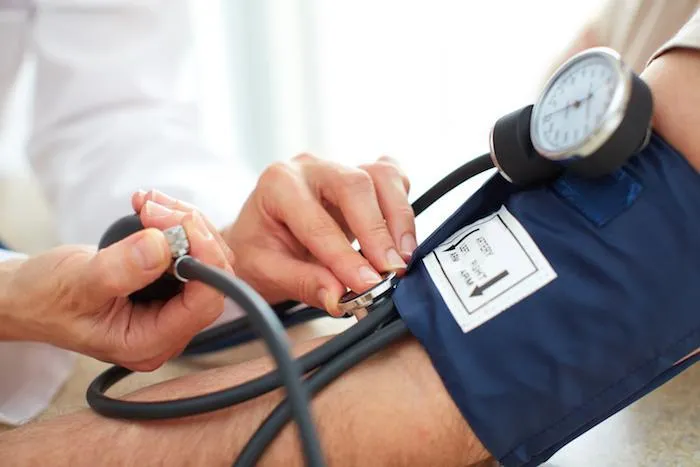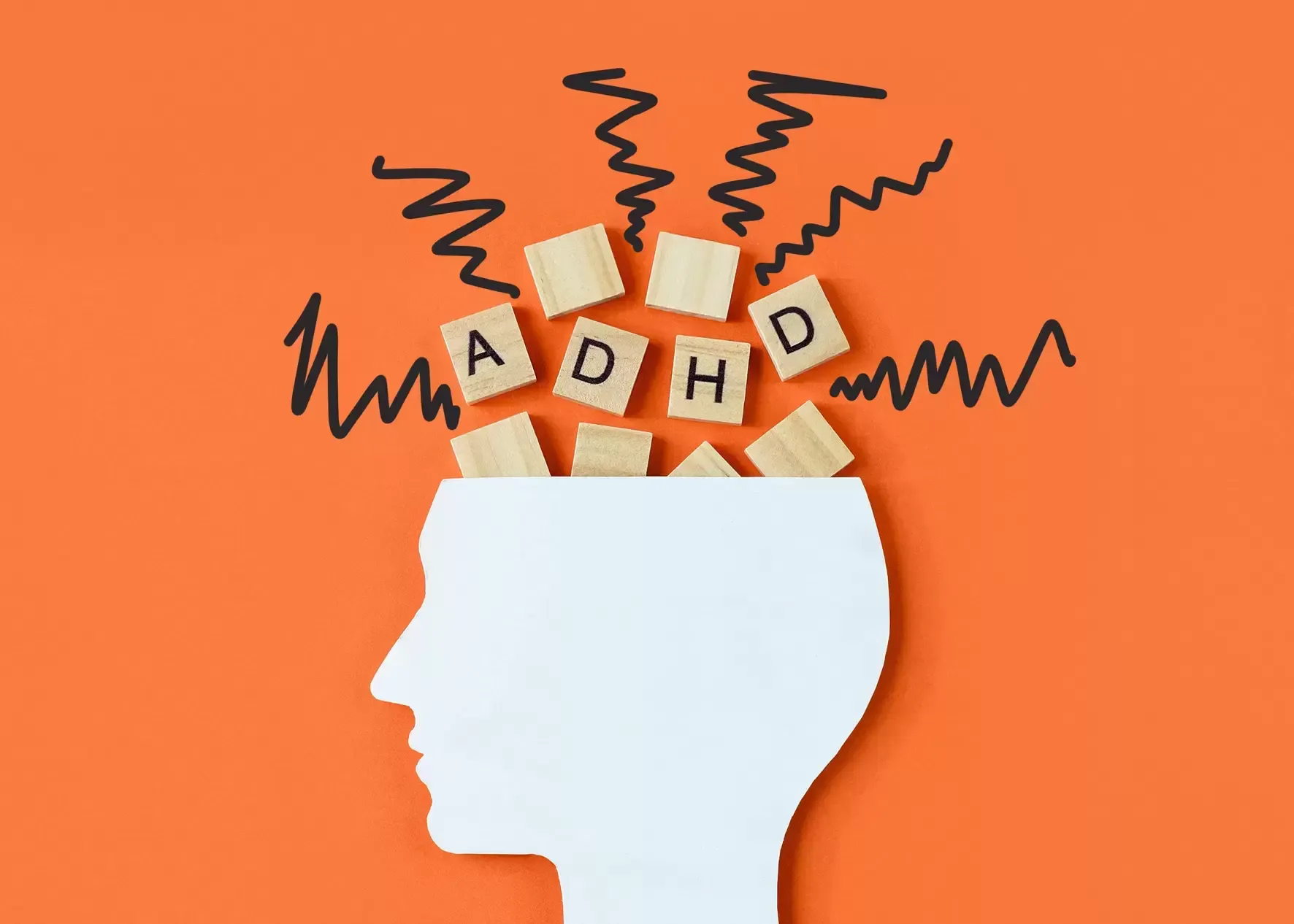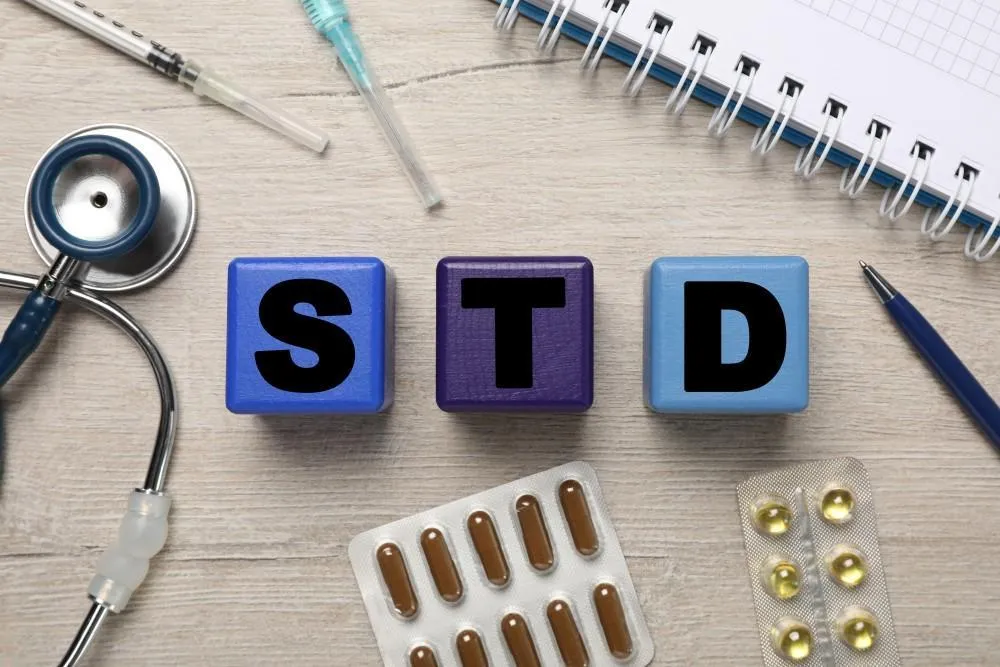Understanding Blood Pressure Readings

It’s no secret that your blood pressure plays a big role in your heart health, but do you know why? Simply put, it describes how hard your heart has to work in order to pump blood throughout your body. The harder it has to work, the higher your chances of heart-related complications, such as heart disease, heart attack, stroke, and even heart failure.
At All Day Medical Care Clinic, our team provides comprehensive primary care services at our Gaithersburg and Urbana, Maryland, locations. Part of our patient-centered care includes regular blood pressure screenings. When you get your blood pressure checked, here’s what we watch for to protect your long-term health.
Measuring blood pressure
There are two numbers in every blood pressure reading, and they stand for two very different things. Let’s take a reading of “120/80 mm Hg,” for example:
Systolic
The first number — 120 — would be your systolic reading. Your systolic reading measures the pressure blood exerts against the walls of your arteries each time your heart beats.
Diastolic
The second number — 80 — would be your diastolic reading. Your diastolic reading describes the pressure blood exerts against the walls of your arteries in between heartbeats.
We capture these numbers by wrapping a blood pressure cuff around your upper arm and inflating it to reduce blood flow. Then, we deflate the cuff in a controlled manner to get your readings.
Understanding your numbers
We need both systolic and diastolic measurements when assessing your heart health. Together, they determine whether your blood pressure is in a healthy or unhealthy range. When they are higher than ideal, it means your heart is working too hard.
Blood pressure measurements fall within different ranges, including:
- Low: systolic under 90 and diastolic under 60
- Normal: systolic 90-120 and diastolic 60-80
- Elevated: systolic 120-129 and diastolic below 80
- High blood pressure (Stage 1): systolic 130-139 or diastolic 80-89
- High blood pressure (Stage 2): systolic over 140 or diastolic 90 or higher
- Hypertensive crisis: systolic over 180 and/or diastolic over 120
If you have “hypertensive crisis” level measurements, you should seek medical care immediately.
Watching your blood pressure
It’s essential to watch your blood pressure closely, even if your measurements come in at 120/80 mm Hg. These numbers may not fall into the high blood pressure categories, but they still indicate that your heart is working harder than normal.
Fortunately, blood pressure is very responsive to lifestyle changes, such as getting plenty of exercise and eating a healthy diet. Depending on your numbers, modifying your daily habits could be all you need to get your numbers within a normal range, especially for people in the “elevated” category.
Stage 1 treatment
If you have blood pressure measurements that fall into the Stage 1 range, you could have hypertension, another name for high blood pressure. However, we could have you measure and track your own blood pressure to confirm that it’s indeed high. We can also work with you to incorporate heart-healthy habits, such as dietary changes and exercise.
If you don’t improve within a month, have a high risk of heart disease, or are age 65 or older, we could recommend medications to help you manage your condition.
Stage 2 treatment
Individuals with these blood pressure measurements require medication to lower their numbers as quickly as possible. Common hypertension medications include:
- Ace inhibitors
- Beta-blockers
- Alpha-blockers
- Diuretics
- Calcium channel blockers
In addition to medication, it’s crucial to make lifestyle changes to improve your heart health.
To ensure your heart stays as healthy as possible, we recommend having your blood pressure checked at least once a year. However, we could check your blood pressure more frequently based on your overall health.
For more information about blood pressure or to schedule a screening, book an appointment online or over the phone with All Day Medical Care Clinic today.
















































